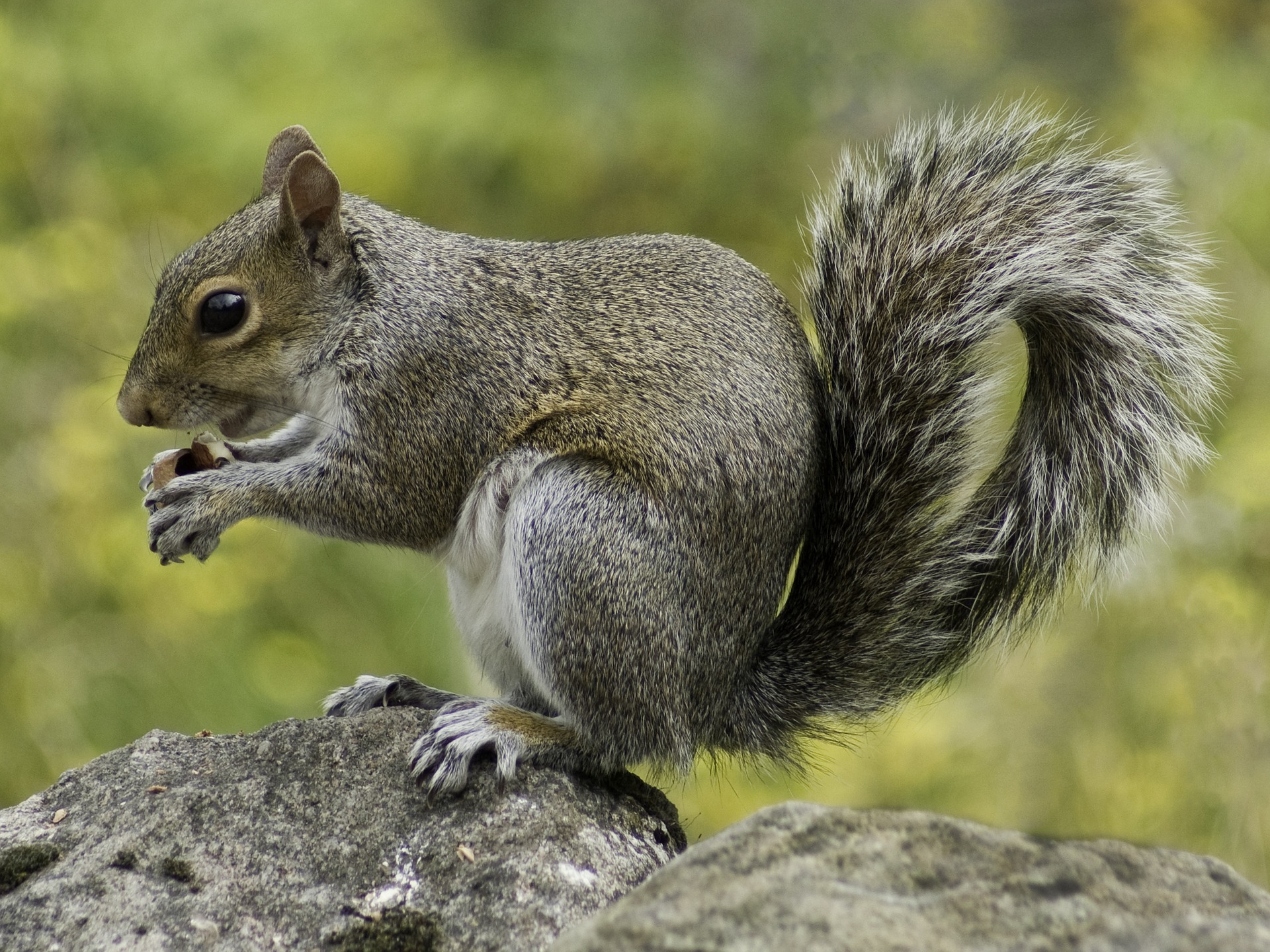Ivan Tisdall-Downes, a chef in London, has recently started serving squirrel lasagne at his Borough restaurant, Native. The dish has been met with a lot of intrigue and excitement, as people dining at the restaurant now have access to what is considered a very unorthodox meat. More importantly though, it’s garnering very positive reviews from those who have tried it – but that’s not all. Innovative culinary ideas like this bring in to focus a much larger debate surrounding meat consumption: why does our society perceive some types of meats as normal food and others – like squirrel – strange?
From my point of view, this dish is a positive breakthrough for a number of reasons. The chef himself points out that serving squirrel helps educate people on how to cook with more unusual produce in a way that they feel comfortable eating. His ethical approach to cooking squirrel also highlights the importance of eating food when it’s ready to be eaten and not when the customer wants it. In other words, if there are no squirrels available, then there will be none on the menu.
Currently, the grey squirrel population in the UK is estimated at 2.5million according to the Game and Wildlife Conservation Trust. Therefore, squirrel meat provides a sustainable alternative to factory-farmed meat because they are a waste product of game keeping; gamekeepers cull them and throw them in landfill because they are seen as a nuisance animal, so this dish is actually making use of a waste product.
Moreover, Tisdall-Downes points out that by providing gamekeepers with income by selling the squirrels it will encourage them to cull the animals more ethically, whilst also helping the UK’s endangered red squirrel population.
As someone who eats meat, I think that introducing more sustainable types to our diet than our current mass-produced – and quite frankly, for the most part, extremely unethical – sources can only have a positive impact. We as a global population need to find better, more environmentally-friendly solutions to our meat consumption. Current research shows that the livestock sector alone is responsible for approximately 15% of all greenhouse gas emissions globally, and this is only predicted to increase as the worldwide meat demand continues to grow.
Now, of course, there is the very valid argument that people should eat less meat to reduce their own carbon footprint and consume it responsibly – which I myself like to think I try to do – or simply just cut meat out altogether and opt for a plant-based diet. However, trying to convince the vast majority of the global population to reduce their meat consumption is no easy task, in spite of its growing environmental and ethical issues.
Hence why I can appreciate the idea of chefs like Tisdall-Downes wanting to explore using ‘strange’ types of meat in cooking, as it satisfies meat-eaters’ “craving” to eat an animal, whilst relieving the pressure on mass-produced types like beef – albeit on a small scale.
So, why haven’t different types of meat like squirrel been eaten on a wider scale before? I personally am open to eating any kind of meat, apart from exceptions like humans, dogs, or cats, and to be honest I believe most other meat-eaters probably would be too.
Everyone has their role to play as a consumer in terms of educating ourselves and making informed decisions about the food we eat. Therefore, broadening our diets and introducing different types of meat into it – and thus reducing our consumption of the “Big Four” (poultry, beef, sheep and pork) – can be no bad thing.

